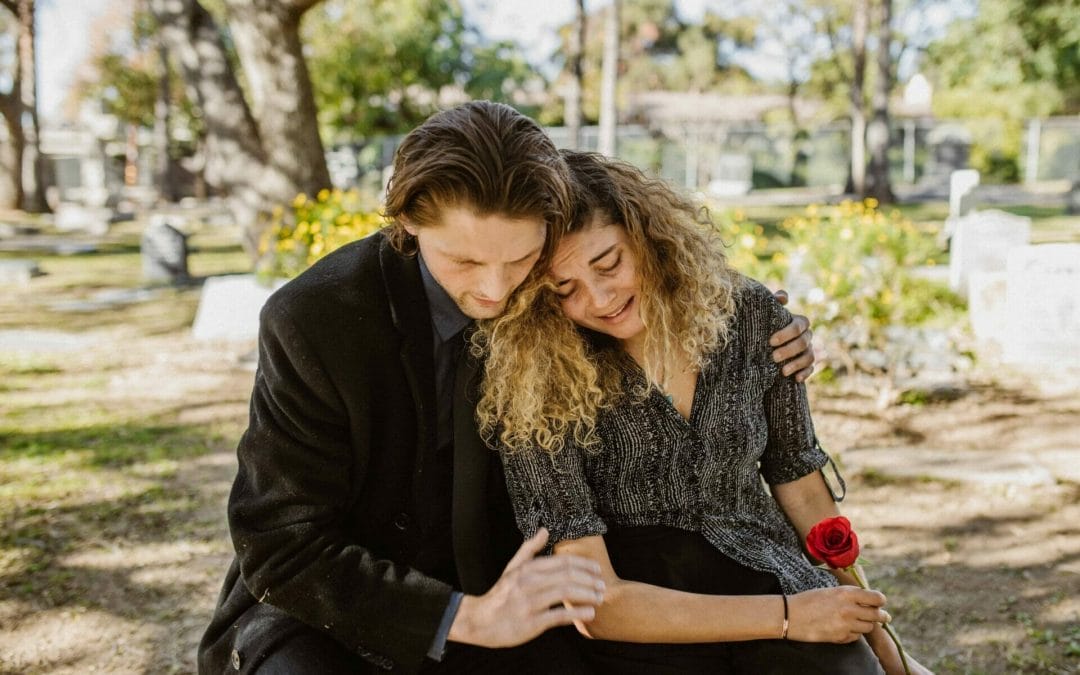Fatherhood has many ups and downs, and one of the hardest parts of fatherhood is having to deal with the loss of a pregnancy. Dealing with miscarriage is incredibly difficult and puts an emotional strain on both you and your partner.
Miscarriage Defined
A miscarriage is when the body terminates a pregnancy, which can happen in up to 25% of pregnancies. Most miscarriages occur between the 4th and 6th week of the pregnancy, and almost always occur before the 13th week. Generally pregnant women are at a higher risk of miscarriage during their first pregnancy.
There are many reasons why miscarriages occur, and about half the time it is due to an abnormality with the fetus. On other occasions it can be because the egg attaches in the wrong place. Or it can occur because of environmental hazards, such as too much caffeine or other harmful substances in the body. And sometimes it can just happen.
Miscarriages can have a significant impact on both you and your partner. For your partner the effect may be emotional and physical.
Impacts Of Miscarriage
Physical Impact
When a miscarriage occurs it can be painful and uncomfortable, and cause the release of a torrent of hormones. In most cases there will be heavy bleeding, and her breasts will likely become tender and sore. She likely will go through some intense emotions due to the hormone changes as well as from losing the pregnancy.
Emotional Impact
Even though the fetus may have only been a few weeks old it is likely that you will both feel a sense of loss. While it is likely that there will be no lasting physical effects from the miscarriage you will both be hesitant to try to get pregnant again. It may take some time for you both to get over the loss and get accustomed to the thought of going through the whole pregnancy thing all over again.
For men it can be a very difficult time in your relationship as you will feel the need to fix things, but in this case you will just have to hang in there and let everything take its course.
Dealing With Grief
In this case there are two aspects of grief to deal with, yours and your partners. The most important thing to not tell your partner is clichés about how she can still have kids and that time will tell. No matter how many kids she has, she will always feel a sense of loss for this one.
The best thing to do is to offer a sympathetic ear and a shoulder to cry on. In some cases it may be good to attend therapy together so you can both talk about how you feel. Likely you will feel a similar sense of loss as well as powerlessness to do anything to change the circumstances, and talking about it may ease some of the pain and help you mend.
Writing down your feelings can help you express your feelings, and so will talking and listening to your partner. Additionally you can help pass the time by taking on a few projects to occupy your mind. Just make sure that you still have time to help your partner get through what she is dealing with.
As long as you both support each other and give your grief time to heal you can, and will be ready someday to try again.

